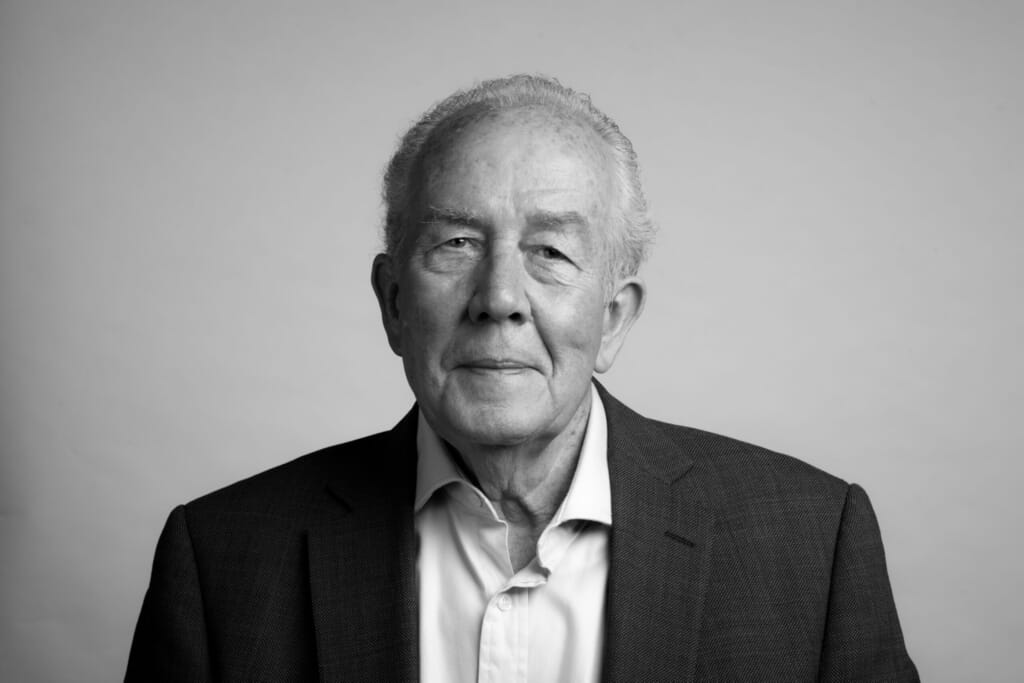Declarations of trust for joint ownership of property
Trusts for joint ownership of property
As joint tenants you will equally own the whole of the property without distinct shares. When a joint tenant dies, their share will automatically pass to the surviving co-owner. As tenants in common, you will have separate shares so you can leave your share to someone other than your co-owner and, because you have distinct shares, the shares can be equal or unequal.

Frequently Asked Questions
-
What is a declaration of trust?
A declaration of trust is a document which sets out what share each co-owner holds in their property. A declaration should be made wherever tenants in common do not have equal shares. When the property is sold, the proceeds will be split between the owners in accordance with the declaration.
A declaration of trust can also be used to include other areas of agreement such as a process for sale if one co-owner wants to sell but the other one does not.
-
Why do I need a declaration of trust?
You should have a declaration of trust if you do not wish to own your property in equal shares with your co-owner. It is important to prevent misunderstandings or disputes arising when the property is sold or upon relationship breakdown or death of a co-owner.
Common examples of when a declaration of trust is needed include:
- If only one of the co-owners is paying the deposit or one is paying more than the other – perhaps using savings, an inheritance or a family loan.
- Where the co-owners are not partners (perhaps friends or relations). It is important to be clear who owns what.
- If you have children from a previous relationship that you want to save your share for.
- To give someone a share who did not have a share before –for example if your partner moved in to your property and has been paying the mortgage with you, you can give them a share through a declaration of trust.
- To change shares of an investment property for the division of rental income between the co-owners.
-
Can I protect my deposit with a declaration of trust?
If you are paying more (or all) of the deposit, and you want to ensure that this deposit is protected for you as far as possible, you can draw up a declaration of trust which effectively ‘ring fences’ your initial deposit. This type of declaration will stipulate that when the property is sold, the deposit should be repaid to the owner who paid it before any remaining capital is divided between the owners. You can then choose whether the remaining capital is split between you in equal or unequal shares.
It is important to remember that if you have a mortgage, this will have to be repaid first and before your deposit. A declaration will also not protect against the event that the property market falls significantly, leaving you with insufficient value to pay back the mortgage and the initial deposit.
-
What type of arrangement can I make with a declaration of trust?
A declaration of trust can be flexible and give effect to many different arrangements. At its most simple, a declaration can simply provide for fixed percentage shares (for example 60%/ 40%) that will stay the same throughout ownership.
Alternatively, it can ‘ring fence’ an initial investment (the deposit) for the co-owner who paid it and thereafter split any remaining sale proceeds in fixed percentage shares. Under such an arrangement provision is made for prioritising payments upon sale.
At the more complicated end, a declaration can provide for shares to change over time to exactly reflect the money that each co-owner invests both at the outset and during the period of ownership. This will allow an owner who puts less or no deposit payment down, to accrue an increasing interest over time by paying off the mortgage.
-
What happens if I do not have a declaration of trust?
If you own your property as tenants in common and there is no declaration of trust, the legal assumption is that you have equal shares. This presumption can be overturned by looking at the facts behind the property purchase and during the period of ownership (such as one person putting in the entire deposit or one person making most of the mortgage payments) and there a lot of legal cases about this (mostly arising out of relationship breakdown) but such arguments are expensive, complex and may not result in the outcome you hope for.
-
What does a declaration of trust cost?
This depends on the complexity of the arrangement that you put in place but a simple fixed interest declaration will cost £350 plus VAT, rising to £500 or more plus VAT for more complicated arrangements.
Talk it over
with an expert
with one of our friendly and professional team



